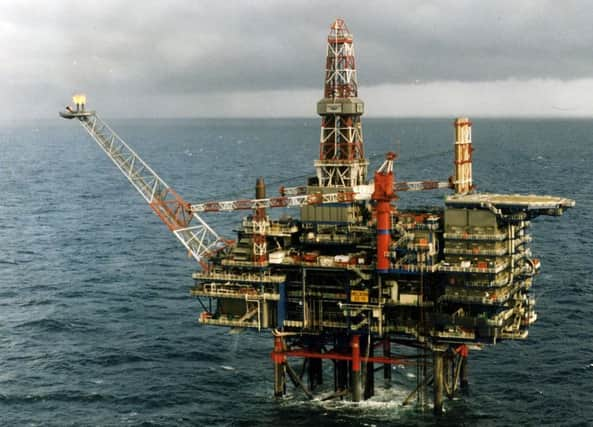Global exploration sector regains its mojo, says WoodMac survey


Releasing its 11th annual exploration survey, the firm said the global exploration sector had “got its mojo back”. It noted that the industry was optimistic, had returned to profit, and the prospects looked favourable.
Wood Mackenzie – also known as WoodMac – canvassed the opinions of 258 “senior energy leaders and exploration professionals” from across the global exploration sector.
Advertisement
Hide AdAdvertisement
Hide AdAndrew Latham, vice president exploration, said: “We’re seeing a continued recovery in the exploration sector, and this is borne out by the drilling plans and new licences we’re seeing.
“A number of key themes emerged in our survey. Conventional exploration is still viewed as the primary resource replacement option. And lower costs, both for exploration and development, are key to exploration’s return to value creation.”
High-quality prospects in deep-water “sweet spots”, including Brazil, Guyana, the Gulf of Mexico and the East Mediterranean, are attracting the most attention, the survey noted.
According to the research, the global exploration budget will total some $40 billion (£31bn) in 2019. Drilling will account for about half of that, while 25 per cent is earmarked for geological and geophysical surveys.
Digitalisation currently accounts for about 8 per cent of the total spend, but WoodMac said this would increase as new seismic processing techniques, machine learning and artificial intelligence become “fundamental tools” for explorers.
Latham added: “Digitalisation offers exploration the possibility of better resolution of the subsurface, better seismic modelling and growing use of automated interpretation.
“Digitalisation has become a consistent feature on our surveys. The survey results back up our expectation that the exploration industry, led by the majors, will spend billions each year on digitalisation.”
He said efficiency gains meant that doing more with less was now standard. According to the survey, the industry is confident that it can break even with an average oil price of about $50 per barrel.
Advertisement
Hide AdAdvertisement
Hide AdThe exploration sector’s economics have been improved by the move towards less project complexity, WoodMac added. Explorers are looking at prospects in less challenging basins, and this not only cuts costs, it helps improve drilling time – in some cases by as much as 30 per cent – and allows for quicker project development.